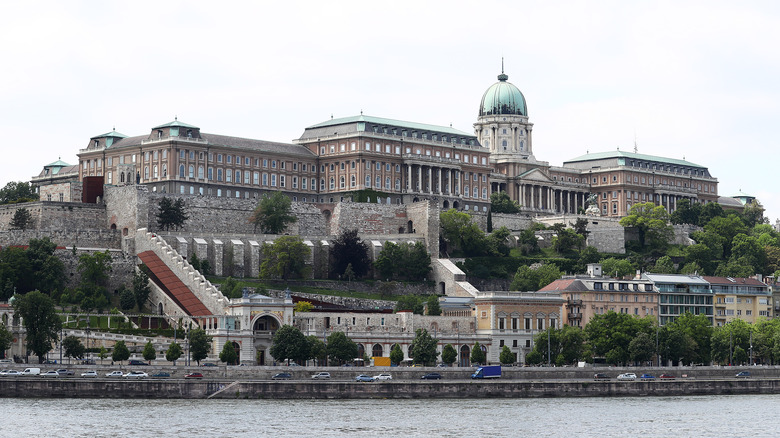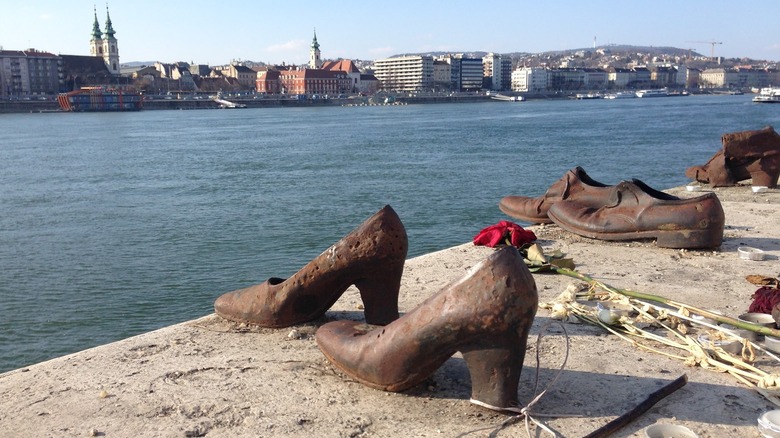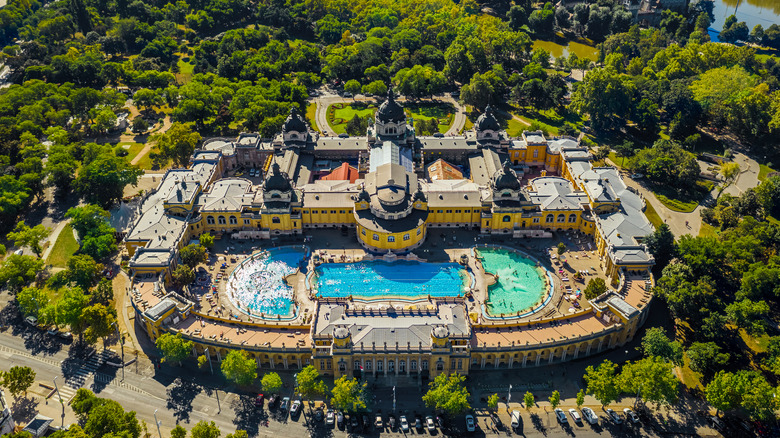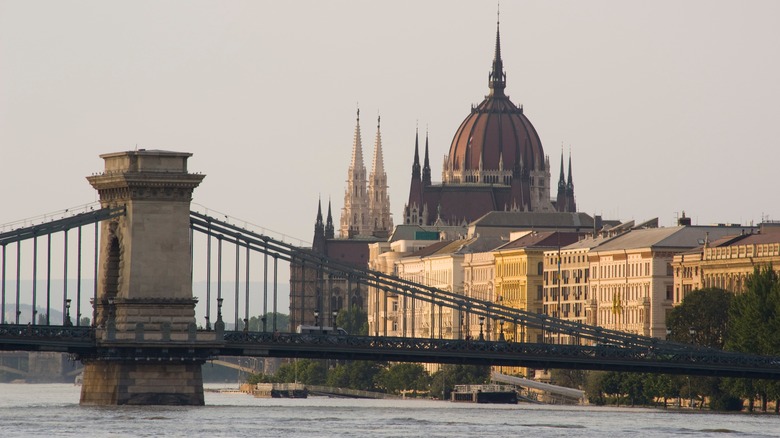Europe is a tourist haven. Not only are its sites famous all over the world, but it is largely considered safe and easy to navigate even if you do not speak one of the continent’s common languages. However, some hotspots come to mind quicker than others. Think London, Paris, and Rome. While these bucket list cities deserve to be lauded and widely visited, some beautiful and intriguing places have managed to fly under the radar.
Thankfully, European travel expert Rick Steves has shone a light on another option you may not have previously thought of or even been able to point out on a map. According to Rick Steves, Budapest is the most underrated major city in Europe. “Budapest is a unique metropolis at the heart of a unique nation. Here you’ll find a mix of experiences unlike any other you’ll find in Europe,” Steves explains on his website. Budapest’s draws include centuries-old religious buildings, thermal baths, unique nightlife, and an overall “distinctive personality.” The west side of the Danube is Buda, and the east is Pest. Public transportation like subways, buses, and vintage yellow trams make both sides of the city easily navigable.
Visit the Buda Castle for views of the city

As is the case for all of Europe, Budapest is chock full of historic landmarks. With just a glance along the Danube River, you will quickly see the imposing Buda Castle on a hilltop. Tours can be booked online, and options for attractions include its royal palace and underground tunnels. Nearby is the Matthias Church, a colorful monument founded in 1015 by Saint Stephen, the first Hungarian king. As it is still used as a church, check its tourism hours online. Fisherman’s Bastion is in front of the church, overlooking the Danube River. This layered structure offers unrestricted views of the incredible Hungarian Parliament Building across the river. Visit the castle area and Fisherman’s Bastion at night to see Parliament, St. Stephen’s Basilica, and the Chain Bridge lit up in golden lights.
The inside of the parliament building is just as opulent as the outside. To go inside, book a tour on its website. If you cannot get a ticket due to possible special events in the building, it is still worthwhile to get up close to the structure and explore the nearby statues and monuments. The Buda Castle has tours incorporating the Hungarian Parliament Building as well.
Learn about Hungary’s history through its monuments

A few feet south of the parliament building along the Danube is a memorial site called Shoes on the Danube Bank or Shoes on the Danube Promenade. Its subtlety is what makes it all the more profound. The multiple pairs of metal shoes pay tribute to Jews who were asked to remove their shoes (if they were deemed valuable) before being shot into the river by Arrow Cross militiamen, a pro-Nazi party during World War II. You may see candles and flowers left in their honor even today. Learn more about Hungary during this era and the Soviet rule that followed at the House of Terror Museum and Memento Park, which features statues of past communist figures.
Other unique aspects of Budapest are its more lighthearted statues. Just feet from the imposing St. Stephen’s Basilica is the Fat Policeman, a bronze statue known for its large stomach. Many believe this detail to be an homage to Hungarian culinary staples like goulash. On Falk Miksa Street, north of the parliament building, you’ll find a statue of American detective Columbo with his dog. Peter Falk, who portrayed Columbo, was of Hungarian ancestry. However, the purpose of the small squirrel statue holding a gun behind Columbo remains unclear.
Relax at one of Budapest’s thermal baths in City Park

ZGPhotography/Shutterstock
Further east from the Danube’s attractions is City Park. Head here for the Vajdahunyad Castle (built for the country’s millennium celebrations rather than for royalty), more statues of historical figures at Heroes’ Square, and Széchenyi Thermal Bath — just one of Budapest’s famous bathhouses. The park is relaxing with activities like hot air balloon rides and paths to explore.
Budapest is quite on trend with hipster thrifting and anything-goes atmospheres. Budapest’s Jewish Quarter was once a deteriorating part of the city. Now, it is home to “ruin pubs” or “ruin bars” like Mazel Tov and Csendes Létterem — Vintage Bar & Café, which reflect the history of the nomadic Roma people and Jews in the city. These small bars with mismatched furnishings make for unique nightlife.
Rick Steves encourages you to challenge yourself when traveling by talking to people you encounter on your trips, and ruin pubs are the perfect place to do just that. “You’d never see a ruin pub on Paris’s Champs-Elysées, but that’s the point,” he explains on his website. “Thanks to its relaxed atmosphere, Budapest is one of the easiest places in Hungary to make a memorable connection.”

